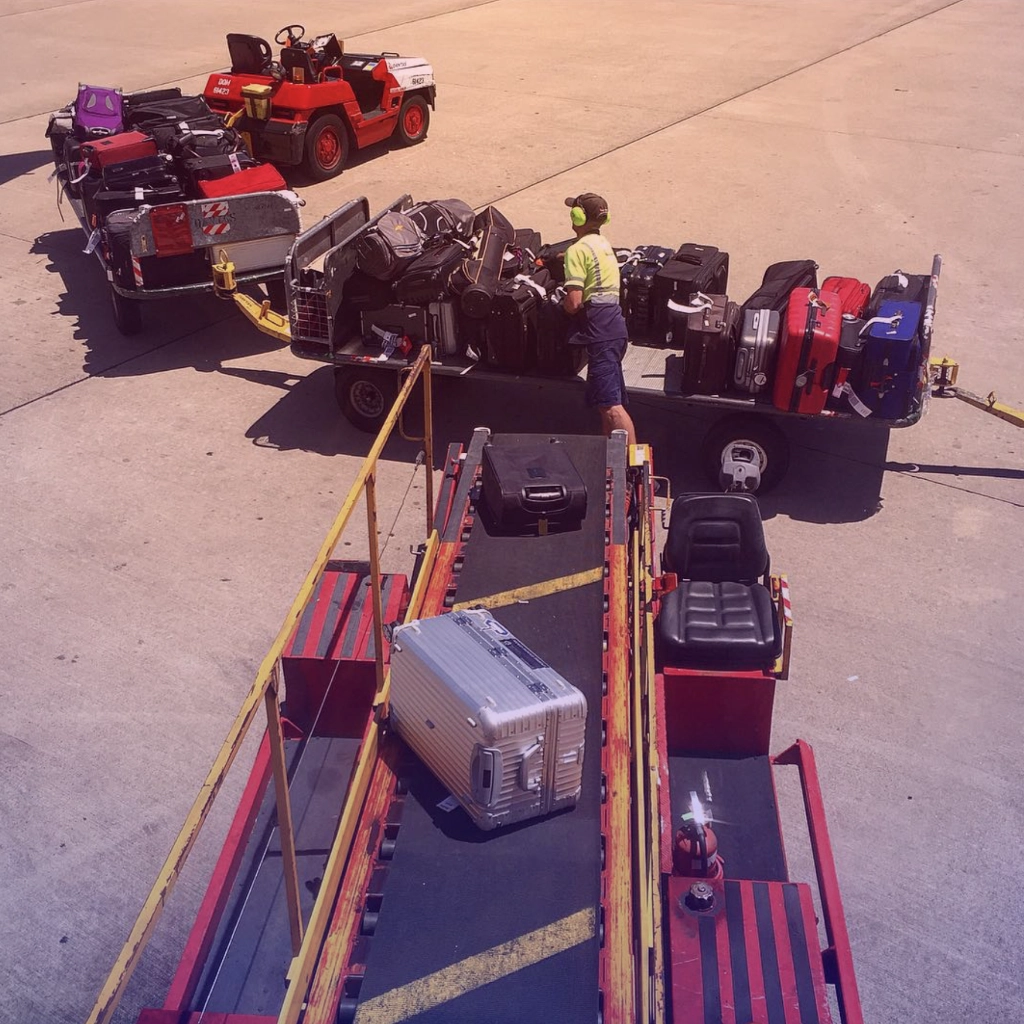
Revolutionizing the Supply Chain: The Impact of AI Across Key Stages
Introduction:
The integration of Artificial Intelligence (AI) into supply chain management is not just an innovation—it's a revolution. From the end-of-line processes to last-mile delivery, AI's transformative role in streamlining operations, reducing costs, and enhancing customer satisfaction is undeniable.
1. End of Line Operations
AI has redefined end-of-line operations in manufacturing. Automated quality control systems powered by AI enhance precision, reduce human error, and optimize production line speed. Advanced algorithms predict equipment failure, facilitating proactive maintenance and minimizing downtime.
2. Outbound Logistics
In outbound logistics, AI's influence is profound. Intelligent routing algorithms reduce fuel consumption and delivery times. AI-driven analytics optimize inventory levels, ensuring efficient stock management and reducing holding costs.
3. Warehousing
Warehousing has witnessed a radical transformation with AI. Automated Guided Vehicles (AGVs) and robots, guided by AI, have optimized picking and placing operations. AI-powered predictive analytics forecast inventory requirements, ensuring warehouses are stocked optimally.
4. Last Mile Delivery
AI enhances last-mile delivery, a critical component of customer satisfaction. Dynamic route optimization, real-time traffic analysis, and predictive delivery scheduling ensure faster and more reliable deliveries. AI also aids in reducing the environmental footprint of last-mile operations.
5. Product Return Management
The return process is often a pain point in the supply chain. AI assists in streamlining returns, analyzing patterns to predict and mitigate future returns, and automating the sorting and restocking of returned items. This efficiency reduces operational costs and improves the customer experience.
6. AI's Role in Supply Chain Sustainability
AI's potential in driving supply chain sustainability is substantial. From optimizing routes to reduce carbon emissions to aiding in sustainable inventory management, AI is a key player in eco-friendly supply chain strategies.
7. Challenges and Opportunities
While AI presents vast opportunities, it also comes with challenges, such as data privacy concerns, the need for skilled personnel, and the initial cost of integration. However, the long-term benefits, including cost reduction, efficiency, and competitive advantage, outweigh these challenges.
Conclusion
AI is reshaping the supply chain landscape, offering smarter, more efficient, and customer-centric solutions. As technology continues to advance, its potential to revolutionize the supply chain is boundless.
Prozon Consulting: Your AI-Driven Supply Chain Partner
At Prozon Consulting, we specialize in integrating AI solutions into supply chain operations. Our expertise in leveraging AI technologies ensures that your supply chain is efficient, responsive, and ready for the future. Partner with us to harness the power of AI and transform your supply chain operations.
For further information on AI in supply chain management and Prozon Consulting's services, you can visit Prozon Consulting.
